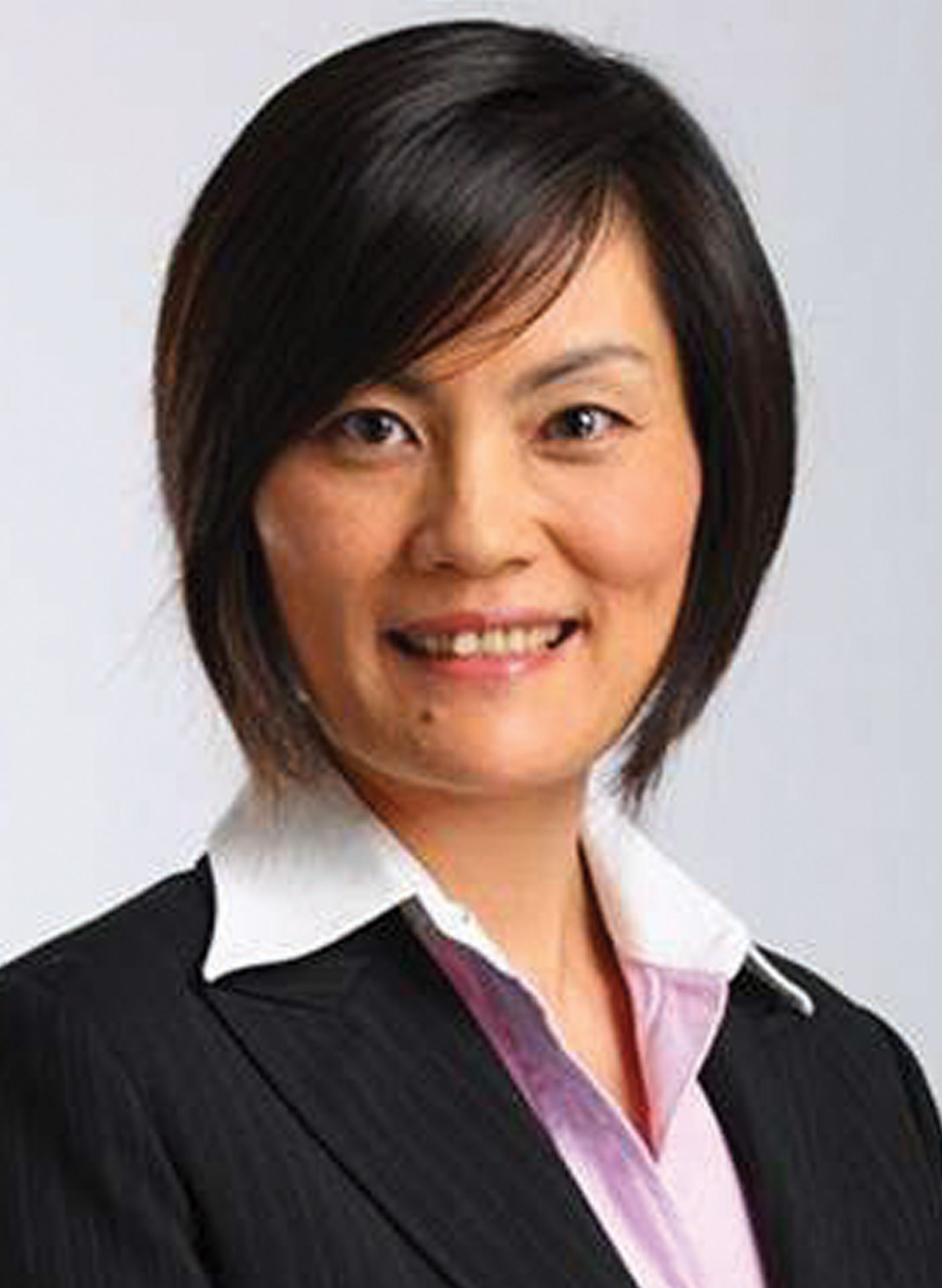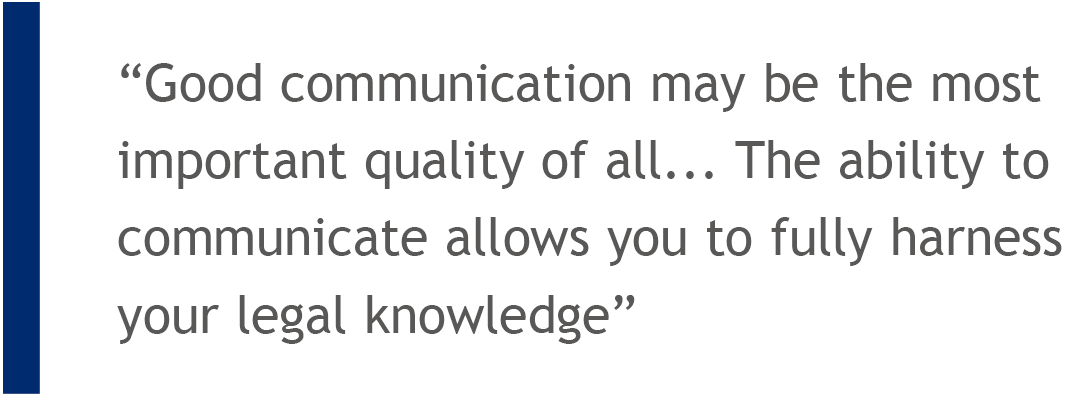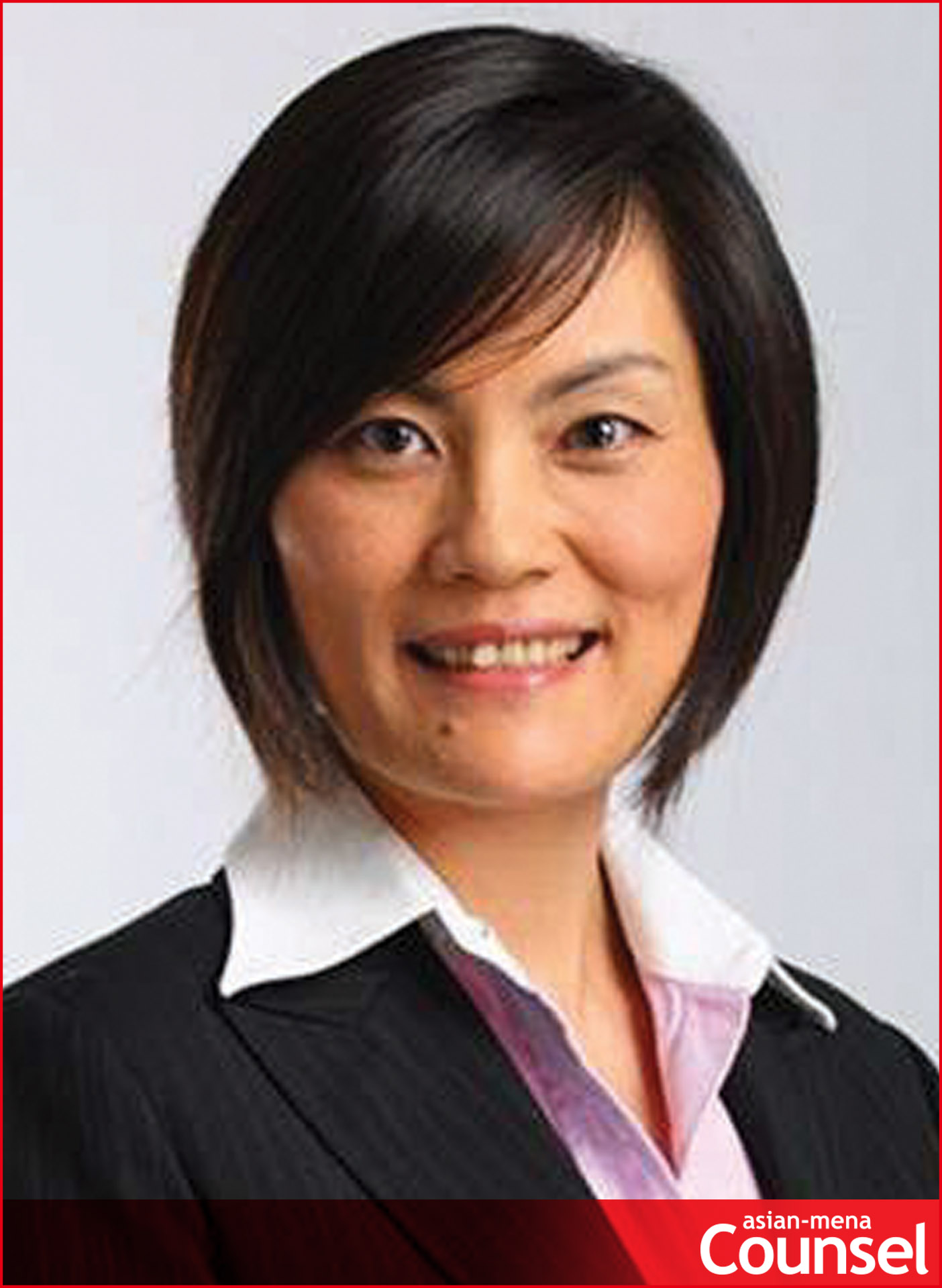 By Nick Ferguson, In-House Community
By Nick Ferguson, In-House Community
Weiwen Wang, Vice-president for business reputation and responsibility, Greater China, at InterContinental Hotels Group
Asian-mena Counsel: Can you describe your professional background and your current role?
Weiwen Wang: I serve as the vice-president of business reputation and responsibility, presiding over the legal team, the regulatory compliance team, and the risk and assurance team — which is a new addition. The total team is comprised of 23 people: the majority legal and compliance counsels, with five people working on risk and assurance. The risk and assurance function covers operational risk, crisis management, internal audit and insurance claim support, so basically touching on anything that hedges or prevents risk.
I received my law degree from Fudan University and briefly practised law in China, then moved to Singapore and worked at Loo & Partners as a legal adviser, before going to get my LLM from New York University. After passing the New York bar, I worked at Deacons and then Faegre & Benson before joining Tyco International as general counsel for China. Afterwards, I spent eight years at International Paper as general counsel for Asia Pacific, and I have now been with IHG for almost three years.
AMC: How is IHG’s business and the what is its model in Greater China?
WW: IHG is a global leading organisation with a broad portfolio of hotel brands and more than 5,200 hotels in almost 100 countries. As one of the very first international hotel companies entered China market, it opened its first hotel in Beijing in 1984. After over 30 years of committed cultivation in the China market, up to the end of 2017, IHG has 328 hotels in operations and another over 300 in the development pipeline in Greater China region under eight distinctive brands, including InterContinental Hotels & Resorts, Hotel Indigo, EVEN Hotels, HUALUXE Hotels and Resorts, Crowne Plaza Hotels & Resorts, Holiday Inn Hotels & Resorts, Holiday Inn Express, and Kimpton Hotels and Restaurants.
Most recently, IHG closed the acquisition of Regent Hotels & Resorts, adding one more brand to its luxury brand family. Benefiting from the increasing maturity level of the China market, and also relying on the solid business size and the trend of growth, IHG started to expand from the hotel management segment to the franchise business. Since its launch in 2016, the franchise business has become another strong growth engine.
The obvious opportunity does increase the amount of players, both local and foreign, creating the challenge of competition.
AMC: What are the biggest challenges?
WW: For the company’s business, one of the main challenges is the new digital world. Nowadays, the No. 1 social phenomenon in China is mobile digital connectivity and its wildly expanding usages in everyday life. Its capacity for adoption and sheer volume have pushed for quick changes in the whole B2C business environment, the hospitality industry included.
China’s fast-moving digital landscape has profoundly influenced consumers’ travel cycle and decision making. The customers demand and prefer to choose service providers with digital platforms that offer not only low prices, but also the convenience and ease of use with high reliability.
In the face of fast digitalisation and increased demand for mobility, the issue of cyber security and related laws have been becoming more and more critical in the implementation of the new digital business environment — even more so now with the publicity of recent events surrounding private information breaches on famous digital platforms. The cyber security issue has caught everyone’s attention, from government authorities to the general public.
It is a very crucial subject in our industry, and definitely one of the biggest challenges for a company’s legal department. Various regulatory bodies have been promulgating numerous rules and regulations in this area, and the vague contents and guidelines have resulted in varying interpretations by different authorities.
We commit to be in compliance with the regulations/laws. However, it is extremely challenging when trying to understand and reach a moving and changing target.
AMC: What are the most important qualities of a good general counsel?
WW: I believe that legal knowledge, a business mindset and good communication skills are all key to being a good general counsel. Legal knowledge seems like a given part of the job, but it is useless without the ability to relate to business colleagues and communicate your expertise effectively. I started as a lawyer in the business world, gradually becoming a business legal partner, but the ultimate goal for any general counsel is to be a business leader with expertise in the legal field. That’s why I have an MBA — so while I might not be able to run a business by myself, I can understand the business mindset and the goals that drive my colleagues.
Good communication, however, may be the most important quality of all. You will never be an expert in every area, but as long as you can understand issues quickly and communicate them effectively, that’s what counts. Whether you are presenting to senior executives or facilitating legal training for those with no legal background, the ability to communicate allows you to fully harness your legal knowledge.
 AMC: How is technology changing the way you work?
AMC: How is technology changing the way you work?
WW: Our profession has been slow to adopt technologies such as artificial intelligence. I certainly haven’t seen any legal technology that has led to a big change in the way legal work is done, but the software we use on the business side for tracking the transition from leads to contracts has helped increase the efficiency of the legal team and identify areas for improvement. So this is a useful tool for us, but it doesn’t change the legal work that we do.
AMC: How has the in-house legal function changed throughout the course of your career?
WW: I’ve seen my role change throughout my time as general counsel at different companies. However, this largely depends on the role that the legal function plays in the fundamental business of the company. At IHG, we are really a part of the business rather than a support function, as our business development is very much contract based. If the legal function plays a critical role in the business model, then you are able to contribute more directly to the success of the business – that’s a very different way of working.
AMC: How do you work with external firms and other providers of legal services?
WW: When I first moved in-house, we used external lawyers for everything, from really high-end professional advice to processing work — and then gradually we internalised more of the work. At IHG, we have a big team and we absorb most of the work internally. We still go to external counsels, but it’s for very specific functions. I’m going to them for the experienced lawyer that offers unique knowledge and experience: someone who I can ask very specific questions. Over the years, I’ve been fortunate to build up trust and respect with many external providers. They are my go-to lawyers. The other thing we seek out external counsel for is dispute matters in overseas jurisdictions.
AMC: What advice can you give to young lawyers starting out their careers today?
WW: I always tell young lawyers to start in a law firm. You should feel very fortunate to spend those first three years doing nothing except supporting your mentor and just learning the basics of legal drafting and research. Those are the fundamental skills you should establish first. I see a lot of young lawyers who want to go too fast and constantly move to different areas because they feel that being a generalist can make them more marketable. However, I think you should conquer one subject before you move on to become a generalist. Be patient and lay down a solid foundation.
AMC: What is your hinterland — what are your interests outside of the legal profession?
WW: I like to consider myself analogous to our EVEN brand — balanced. By working efficiently, I also have time to take care of my own wellbeing, which means doing yoga, reading and spending quality time with my family on many memorable trips.


